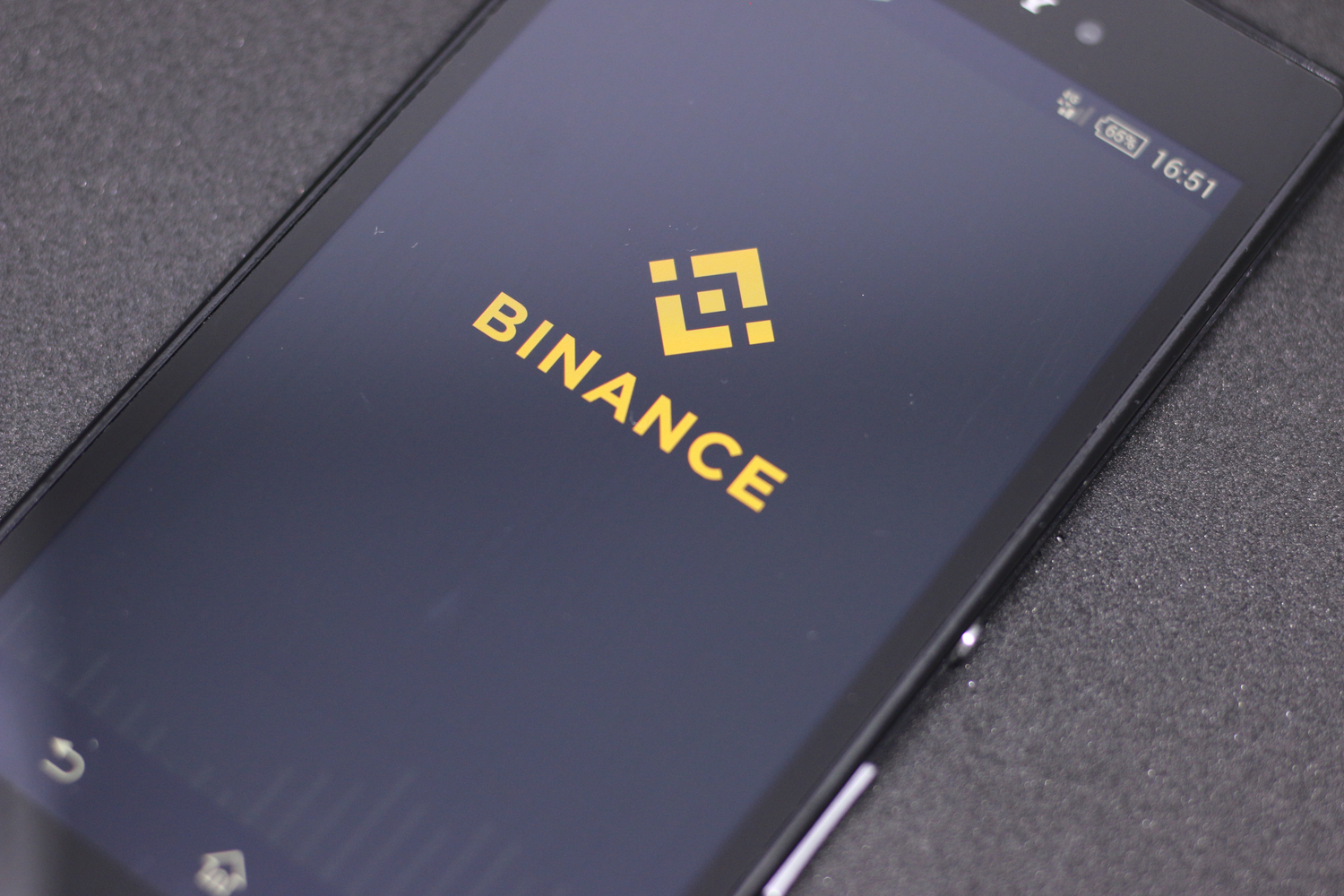Digital Arm of Thailand’s SCBX and Korean Web3 Firm Hashed Ink R&D Partnership
The digital assets arm of one of Thailand’s largest financial institutions has signed a partnership deal with one of Korea’s biggest Web3 investors.
In a press release sent out on Wednesday, SCBX and Hashed announced that they have signed an agreement to work on joint R&D initiatives and events aimed at promoting decentralized technology adoption regionally and globally.
“This partnership amalgamates the expertise of a reputable institution with the technological and philosophical foundations of Web3,” Simon Seojoon Kim, CEO & Managing Partner, Hashed, said in a release. “I am confident that this partnership will significantly nurture the growth of the Web3 ecosystem, extending its influence not only across Southeast Asia but also on a global scale.”
While many of Asia’s largest financial institutions are still skeptical of crypto, despite a warming regulatory environment in the region, SCB has invested heavily in the market. In 2021, SCB announced that SCBX, its venture arm, was launching a $50 million blockchain fund. Recently, SCB’s cross-town rival, Kasikornbank (KBank), launched a $100 million web3 and AI fund.
As part of this collaboration, Hashed will spearhead tests on Web3 technologies through its research hub, ShardLab.
In an interview, Hashed’s Hojin Kim, the Chief Strategy Officer at its startup studio UNOPND, who will be overseeing this effort, said that the joint effort will be testing Web3 technologies that are specific to helping address pain points in South East Asia’s business environment.
“In Southeast Asia, the existing customers still face certain inconveniences in their regular lives; their banks are still not as advanced, and e-commerce platforms are still evolving. Thus, there’s more room for improvement in terms of digital transformation for retail customers in Southeast Asia compared to developed countries,” he said.
The two firms have yet to name any specific projects they are working on, but that’s expected in the near future.
Edited by Parikshit Mishra.









